Affiliate links on Android Authority may earn us a commission. Learn more.
Apple doesn't need to ban Sunbird or Beeper; they're already on borrowed time
Blue bubble envy? Getting iMessage on Android has always been a popular point of discussion amongst iPhone users looking to switch to Android. However, Nothing brought it to the forefront earlier this week when it announced plans to offer a chat app that lets you masquerade as an iPhone user.
This latest publicity stunt from the House of Nothing follows news that US teens’ interest in Android phones is at an all-time low. A Piper Sandler report claims that 87% of American teenagers are using iPhones — a number that should be setting off deafening sirens all across Mountain View. The report comes at a time when the iPhone already commands 58% of the North American smartphone market. In short, Android’s future in America is looking grim.
It's an absurd way to flex, but you're not a part of the cool kids club unless you've got a blue bubble in the US.
Social cred is the biggest reason American teenagers will stick to their iPhones when it comes time to change their phones. It might sound absurd to use a messaging app as a way to flex financial status or be part of the cool gang, especially at a time when many of the best Android phones cost more than an iPhone. However, there’s no denying that green bubbles — a dead giveaway of not being an iPhone user — are looked down upon in North America, and you’re simply a pariah if you don’t have the coveted blue bubble.
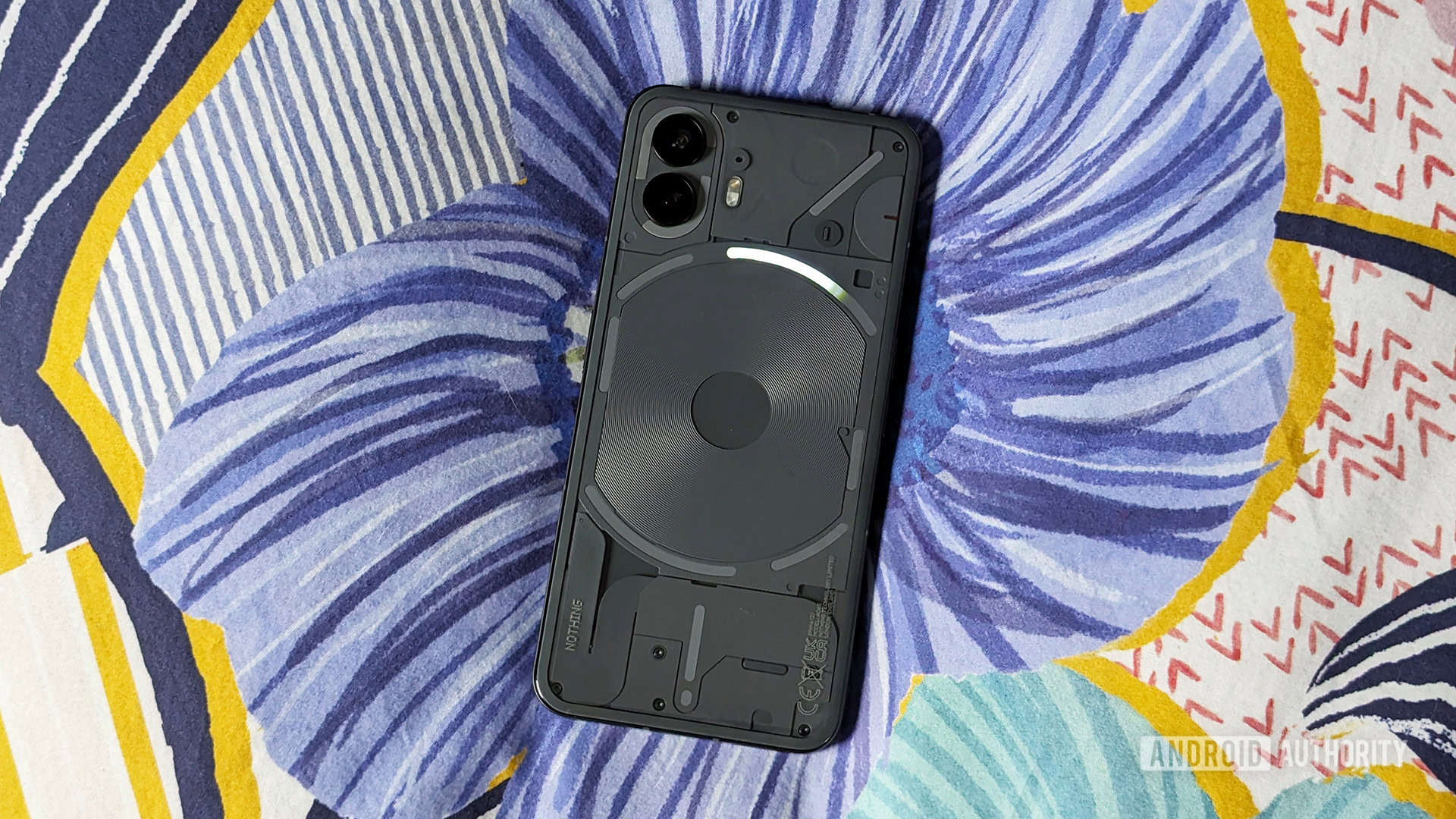
Nothing’s solution to keep teenagers interested in its product is to put a wrapper around a borderline vaporware messaging app called Sunbird. Sunbird claims to have figured out a way to masquerade messages sent via its app as iMessage, ensuring that they show up as blue bubbles on the iPhone 15 and older models. Sneaky. The company’s been around since December 2022 but has yet to ship a beta, let alone release its app publicly.
While Sunbird doesn’t publicly state how it is achieving this, Nothing’s US head of PR said that it beams over messages to a Mac Mini sitting in a US or Europe data center, which then acts as a relay to forward them via iMessage. Where have I heard that before? Surprise, surprise, that’s precisely how Beeper works.
Nothing’s public acknowledgment of using Sunbird has raised a lot of questions around it, around Beeper, and whether Apple could or should ban these services. The reality is that it doesn’t really matter.
How Sunbird and Beeper help you pretend you’re on iMessage
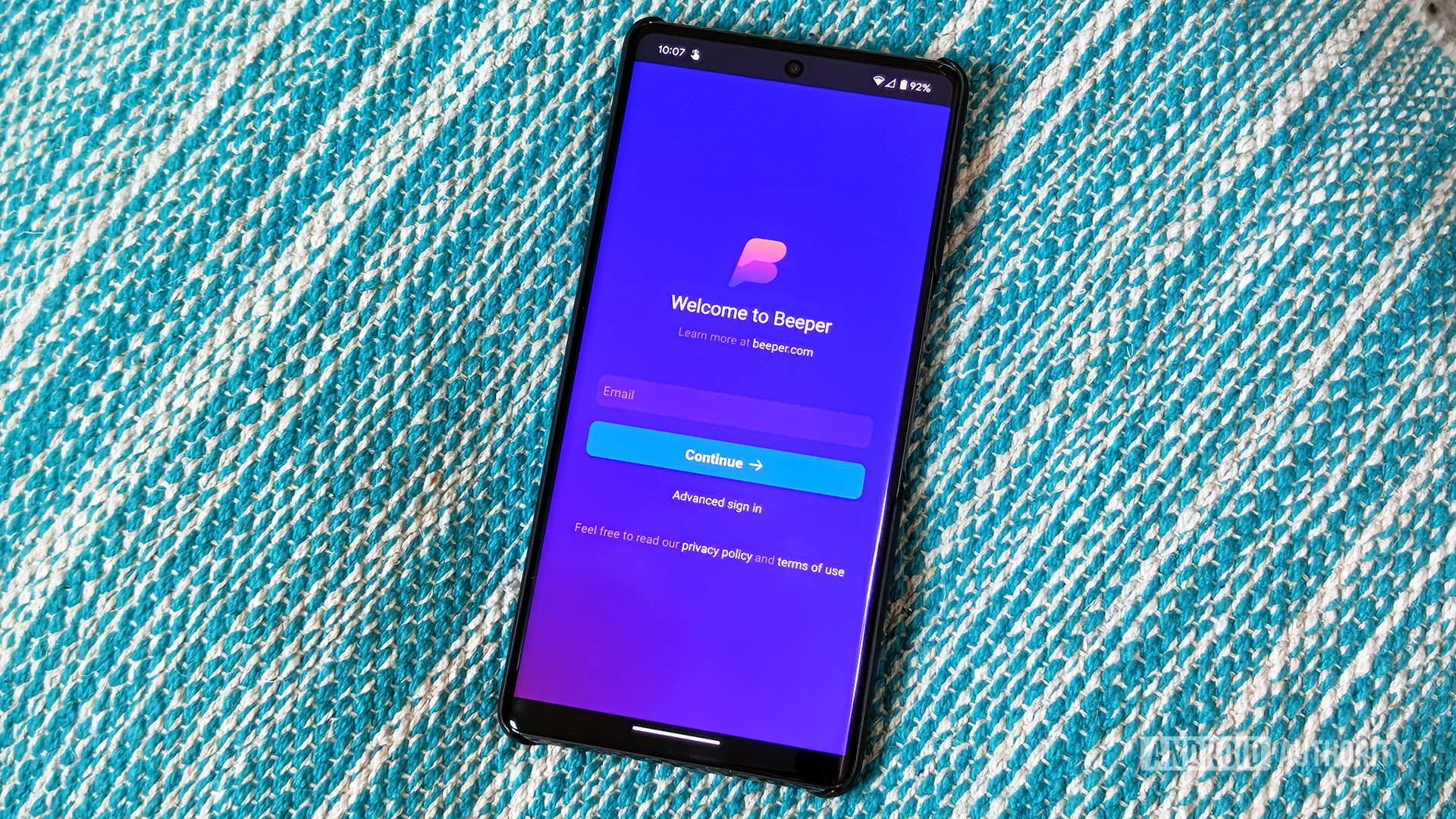
BlueBubbles and Beeper are the two most prominent apps to offer iMessage compatibility with Android, allowing you to self-host your server. Beeper also offers a cloud-hosted solution where it handles the hassle of setting up the server, but with certain caveats. Principally, Beeper encrypts your messages from the app, decrypts them on its server, and then sends them over to a bridge running on Mac hardware in a data center, which sends it forward over iMessage. This opens up the possibility of your unencrypted data being intercepted at the data center stage. To its credit, Beeper confirms that data sent via its app might be less secure. By all accounts, Sunbird is using a very similar setup.
Sunbird uses an army of Mac servers to relay iMessage texts, just like Beepeer.
But here’s the thing: Beeper used to be a paid app, and while it is available freely for now, there are indications that iMessage support will be locked behind a paywall very soon. It’s a critical part of keeping the business sustainable to pay for renting out Macs, and it will become even more important in the future.
The future of this kind of iMessage integration is in jeopardy
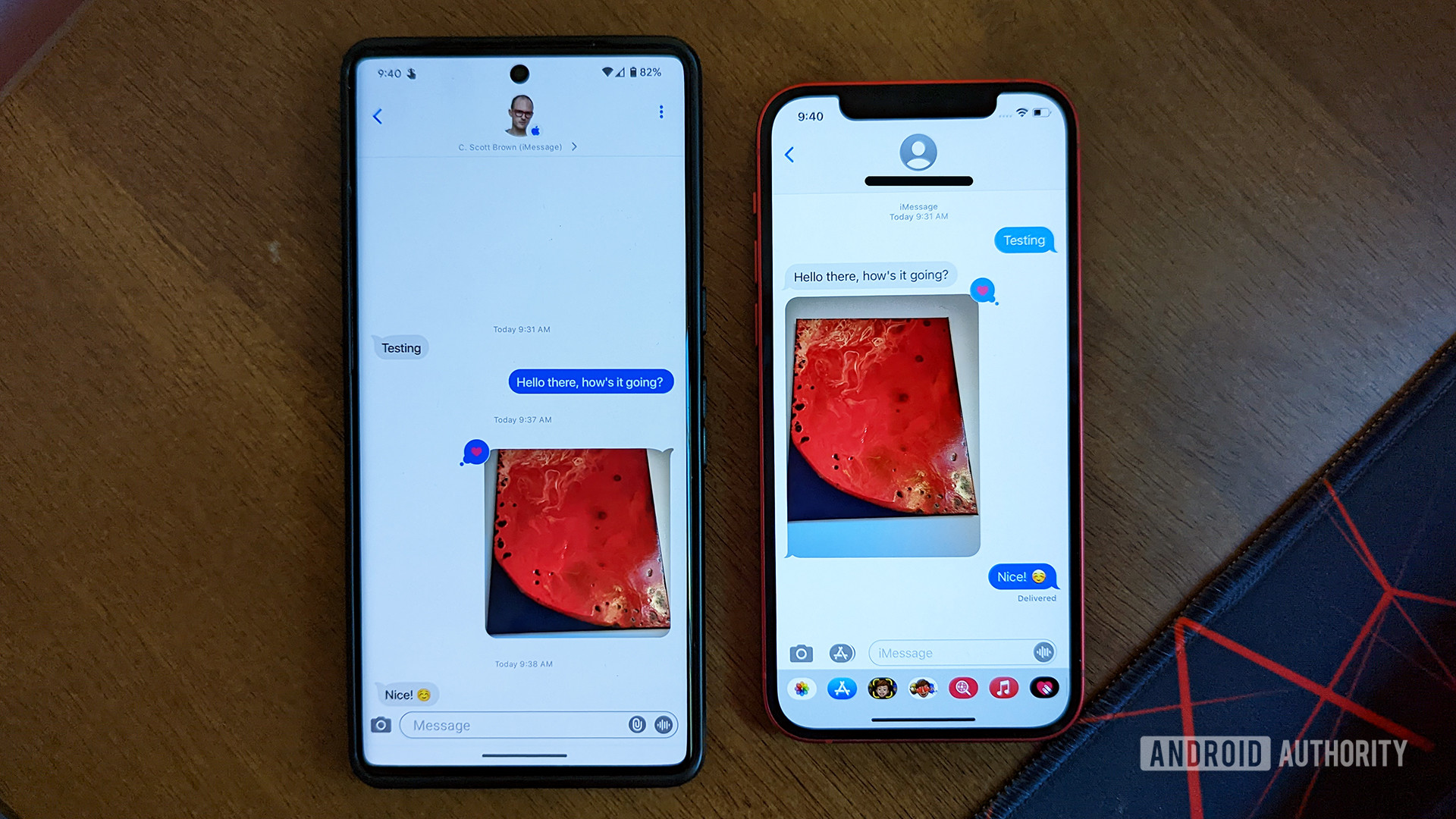
The biggest roadblock to both Beeper and Sunbird is that Apple only allows virtualization on actual Apple hardware. To get around the issue, Beeper is believed to be using Mac Mini Vault as its data center. A cursory glance at the website shows that the vast majority of Macs the company offers are 2014 models, with a smattering of 2018 Intel-based models available for a heftier price tag. Each of these machines runs multiple instances of macOS through virtualization. These virtual instances are then allocated to individual users for their blue bubble messaging needs.
Apple is phasing out older Macs, while newer Apple Silicon-based Macs only allow two virtual machines to run simultaneously.
Here’s where it gets problematic. Apple has been phasing out older Macs at an alarming pace. My own 2017 MacBook Pro is no longer eligible for the latest software update, and it’s a matter of two to three years before older Intel-based Macs are not supported at all. Now, you might be wondering if these data centers can simply switch over to Apple Silicon-based Macs and call it a day. While that’s accurate, Apple only allows two virtual machines to run simultaneously on Apple Silicon-based Macs — even on the ultra high-end Studio Mac.
Effectively, Sunbird and Beeper can only allocate two users at best to a modern Mac.
Now, Beeper doesn’t advertise itself as just an iMessage client. The app works with most popular messaging apps, and is branded as a catchall messaging app similar to Fing from the late 2000s. If Beeper had to drop iMessage support in the future or lock it behind a high-priced paywall for those who absolutely must have blue bubble texts on Android, it can do just that. In fact, the company already has a monetization plan in progress, and user reports suggest that iMessage support will be locked behind a $ 5.99 monthly paywall — presumably to fund the rental of Apple hardware.
The entire business of relaying iMessages from/to Android users is unpredictable and soon — pricey.
Sunbird, on the other hand, has built its entire business around the ability to connect Android users with iMessage and has no plans to monetize them. Apple’s upcoming obsolescence of Intel hardware is bound to make the company reconsider that decision. Which, in effect, would mean that either Sunbird or Nothing would have to swallow the cost. We all know how that goes. That said, it would explain Nothing’s decision to restrict the app to its higher-end Nothing Phone 2.
What about running macOS on non-Apple hardware?
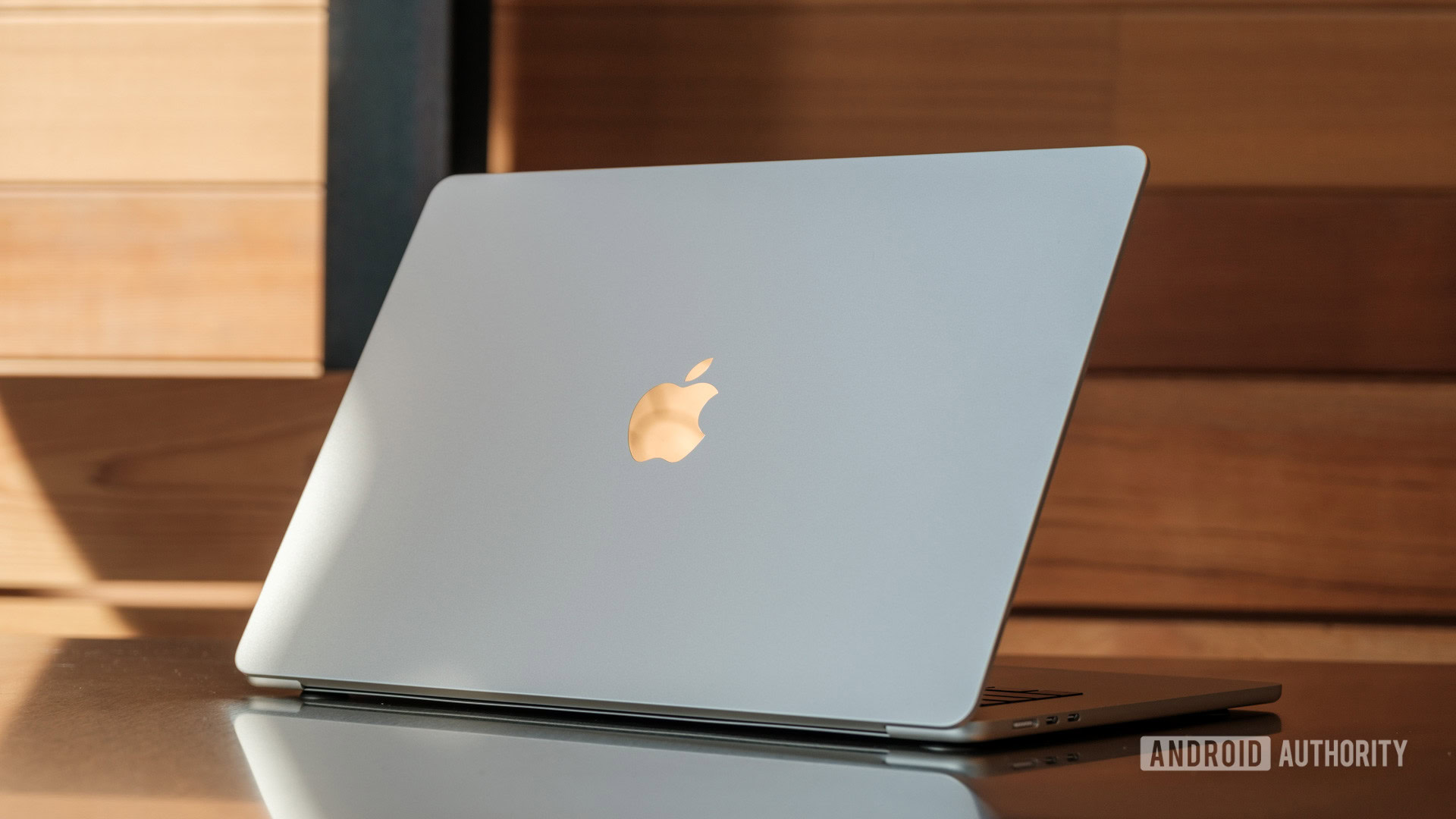
I know there are solutions to run macOS on non-Apple hardware. However, these are entirely enthusiast-driven communities and skirt Apple’s end-user license agreements. While Apple is unlikely to go after the individual user running a Hackintosh, you cannot run a legitimate business virtualizing macOS on non-Apple hardware.
You cannot run a credible business using hacked hardware, DIY bandaids and skirting licensing agreements.
Similarly, there are ways to enable additional virtual machines on Apple Silicon hardware. However, this involves disabling the computer’s system integrity protection, loading a modified kernel, and saying goodbye to all software updates — once again, too big a security loophole to deploy for a business dealing with private messages.
And if you’re wondering if the company could dynamically spin up virtual machine instances to serve up user needs, that won’t work as there’s no way to predict when a user will send or receive a message. Considering Sunbird’s claims that a whopping 7% of messages sent through the app already disappear into the ether, that certainly doesn’t seem like a viable cost-cutting measure.
Long story short, running a business relaying blue bubbles to an Android phone is about to become a lot more expensive.
The iMessage on Android dream is dead, long live RCS
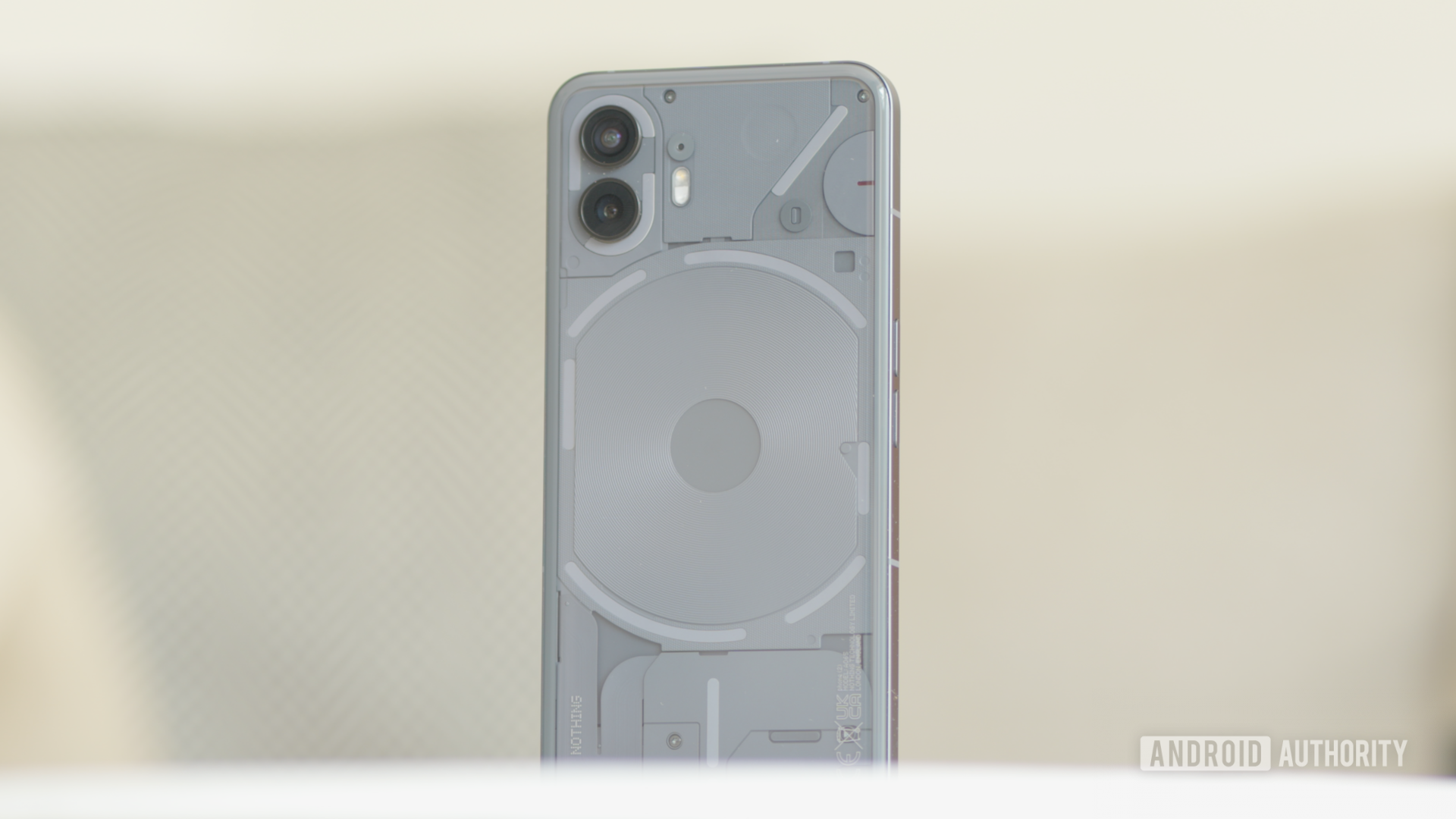
The way I see it, Apple does not need to ban Sunbird since the app is likely to be short-lived on the merits of Apple’s future software roadmap. Setting aside the fact that nobody should share their Apple ID’s username and password with a third-party service, especially one operating in a legal grey area, I’m more astonished by Nothing’s decision to publicly announce such an integration. While the company is no stranger to cheeky guerrilla marketing, the potential security risks here are far higher than even the generally daring Carl Pei would accept.
Apple doesn't need to ban Sunbird because the business itself is unsustainable.
Moreover, I’m curious to see the level of reliability that the company offers. Matrix bridges can be finicky, and Sunbird’s take on solving the problem remains unproven beyond a few tech demos. User reports for Beeper, the most popular current solution, suggest that outages are not uncommon. While an open-source, niche solution like Beeper can use hacked-up tools like pypush to fake iMessage registrations, you expect a certain level of reliability from a mainstream smartphone brand. And Sunbird can’t offer that. Moreover, any such solution could be broken with a single software update from Apple.
Add to that Apple’s plans to bring RCS to the iPhone in 2024, and you’re already looking at a solution looking for a problem. Once RCS support rolls out on the iPhone, any cross-platform chat will have all the same advantages and features as iMessage, including read receipts, typing indicators, and high-res image sharing. Why bother jumping through loopholes when you can get the same experience using the native chat app? Your bubble might remain green, though.